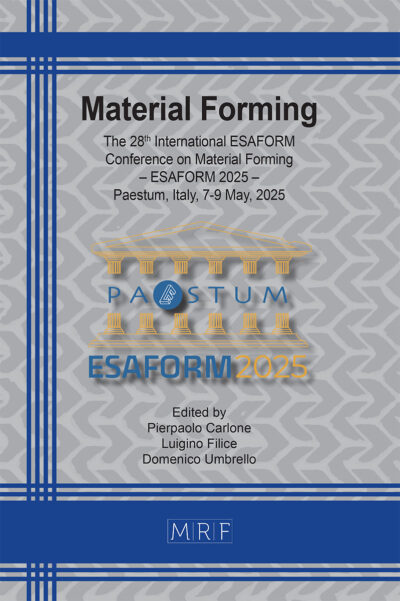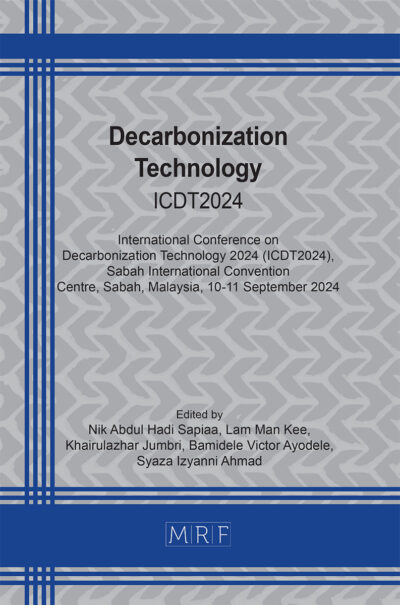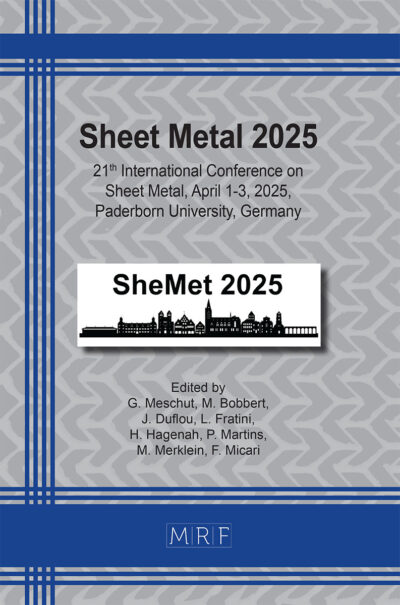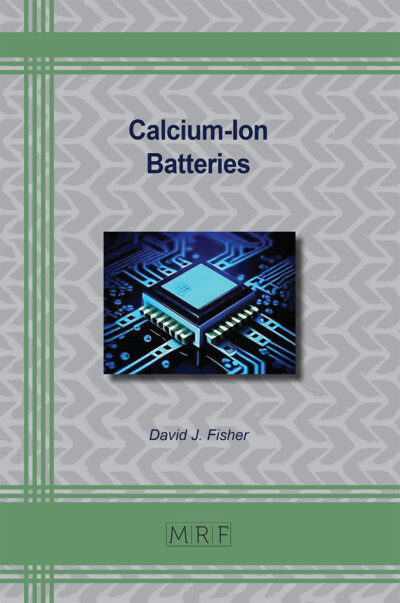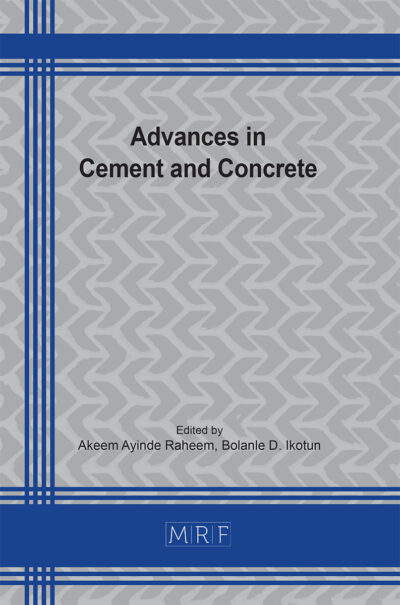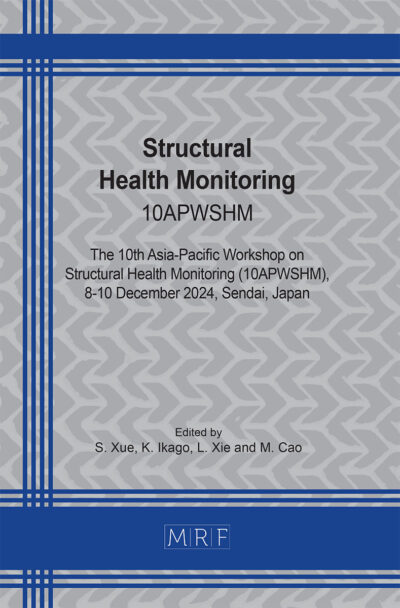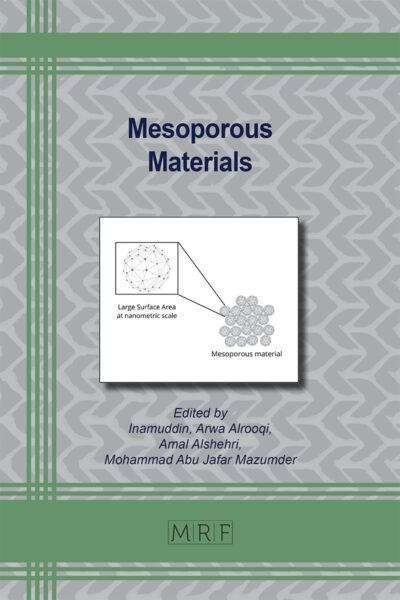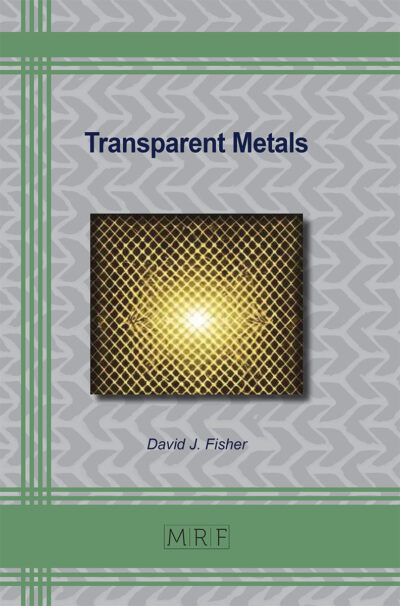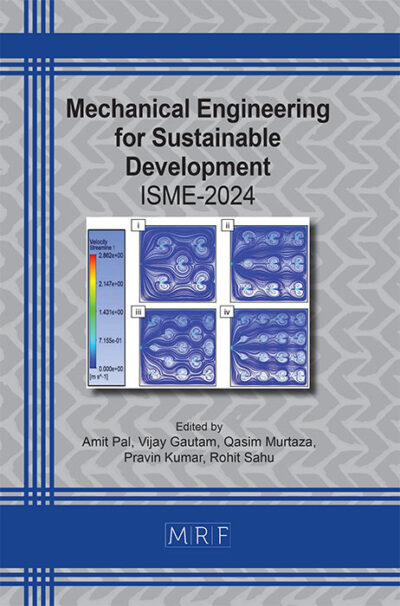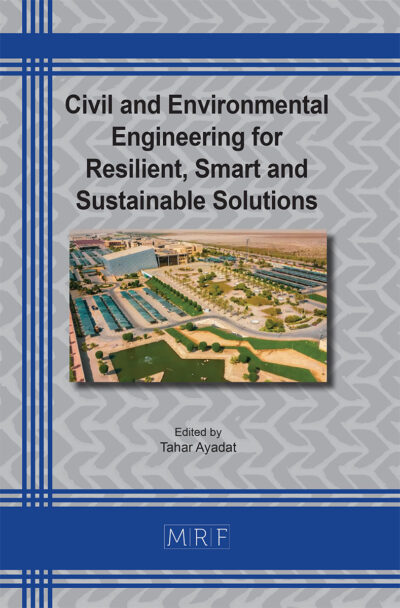Henniker Scientific supplies instruments, systems and technologies in the complimentary areas of;
Vacuum Techniques
Thin Film Deposition
UHV Surface Analysis
Plasma Surface Modification
Mass Spectrometry
We have more than 20 years of first hand technical and business experience with these technologies and markets throughout Europe, North America and Asia.
Our offices are located in the North West of the UK, just minutes from the M6/M62 interchange with Manchester and Liverpool International airports approximately 20 minutes in either direction.
Vacuum, Thin Film Deposition & UHV Surface Analysis:
Vacuum components, instruments and complete custom made solutions for general vacuum applications, vacuum based atomic & molecular physics and chemistry, thin film growth and UHV surface analysis.
Residual Gas Analysers:
Residual gas analysers. The lowest cost and highest specification residual gas analysers currently on the market. The range includes web-enabled residual gas analysers, analytical double and triple filter quadrupole mass spectrometers, and both high pressure and differentially pumped process residual gas analysers. Standard mass range options are 100, 200 and 300amu. Analytical range options include high resolution 1-6amu for e.g. He/D2 discrimination.
Residual Gas Analysers for Vacuum Processing:
Process Residual Gas Analysers are innovative in-situ process monitoring instruments that are fully integrated and field proven application-specific packages. The range includes the latest smart head technology delivering real-time on line analysis for vacuum diagnostics and process control in etching, thin film deposition (PVD and CVD) and plasma modification processes.
Plasma Cleaning & Plasma Treatment:
Plasma treatment equipment is used to modify the surfaces of materials such as polymers, textiles, ceramics and metals. The modification takes just minutes, is environmentally friendly and does not effect the bulk material properties in any other way. Different treatments are available to produce surface properties that are either ultra-clean, highly activated (to increase bonding properties), completely liquid-repellant or totally wettable.
Benchtop Gas Analysis:
Our range of benchtop gas analysis systems comprise purpose built mass spectrometers with application specific inlets and interfaces for on-line monitoring and analysis of gases, gas mixtures, vapours and dissolved gases in liquids. They are ideal for R&D, process monitoring and control in catalysis studies, thermogravimetric analyis (TGA coupling), membrane studies, fermentation process monitoring and thermal analysis etc.
Gas compositions can be measured over a wide dynamic range (ppt to 100%) with a wide range of sampling inlets to suit every application requirement. Versions are available with single inlet, 4, 8 or 16 way inlet.
Mass Spectrometers:
Quadrupole mass spectrometers & quadrupole mass spectrometer components. Exceptionally high performance instruments, components and systems for basic research in chemistry, physics and materials analysis.
high power, high resolution, high mass (up to 16,000 amu) triple-filter analysers
analogue and pulse ion counting
ion optics elements
combined energy filters
application specific ionizers (API/CI/EI/Membrane/Combined)
components, instruments and complete systems (for TPD/SIMS/Plasma/Molecular Beam/ MS/MS)
power supplies, quadrupole, octupole & hexapole ion guides and einzel lenses
HTM Reetz GmbH has been a competent and customer-oriented manufacturer of laboratory furnaces and high temperature equipment for more than 20 years.
For temperatures from 0 °C to more than 2000 °C, our range of products and services comprises a variety of complex heating and furnace systems, including components for defined gas and vacuum atmospheres.
Applications:
High temperature chemistry
Chemical transport reactions
Powder metallurgy and ceramics
Physical-thermal analyses
Crystal growth
Energy and environmental engineering
Devices:
Tube furnaces up to 600 °C, 1150 °C, 1500 °C, 1750 °C
Rotary tube furnaces up to 1150 °C, 1500 °C
Split tube furnaces up to 1150 °C, 1500 °C, 1675 °C
Gradient furnaces
Top hat chamber furnaces up to 1150 °C, 1500 °C, 1750 °C
Bottom loading elevator furnaces up to 1150 °C, 1500 °C, 1750 °C
Vacuum/protective gas and hydrogen furnaces up to 2300 °C
High pressure furnaces up to 1600 °C and 100 bar
Gas heaters up to 800 °C
Catalyst test furnaces up to 1000 °C
Chamber furnaces
Glovebox furnaces up to 1150 °C, 1300 °C, 1750 °C, 2000 °C
Crystal growing furnaces up to 1150 °C, 1750 °C (Tammann-Stöber method)
At Johnsen Ultravac (JUV), a Division of Johnsen Machine Company Limited we strive to build the highest quality, most reliable, vacuum equipment available anywhere. Our vacuum equipment delivers total value to our global customers in terms of payback, low maintenance, flexibility and durability.
If your materials research requires an ultra high vacuum chamber it may be of interest to know that our UHV chambers routinely operate in the 5 x 10E-11 Torr base pressure range.
If your research requires complex 6-axis XYZ manipulators or Linear translators JUV offers the widest range in UHV instrumentation. With optional electron beam heating and Helium cooled cryostats our modular sample holder arrangements are leading the industry in temperature range (10° K to 1,500° K), motion, accuracy and repeatability.
If Synchrotron Radiation Instrumentation is your interest the JUV SRI Product line for Light Sources includes Monochromators for X-ray Beam lines, Front-ends, Photon and Safety Shutters. Other SRI products include Collimators, Mask assemblies, Mirror chambers and Safety Shutters.
If your research is in Electro-photonic, Opto-electronics or Semi-conductor devices the JUV 6000 series combine the latest E-Beam Evaporation, ECR-CVD and ICP-CVD deposition technology.
If your research is in Materials Science, Nano Technology or Super Conductivity the JUV 6100 series combine the latest in RF-DC Sputtering, RF-ICP Plasma Spray and Pulsed LASER (PLD) deposition technology.
If you require products for testing of Satellite Instruments such as IR Sensors our products for the Aerospace Industry include Blackbodies, Bench coolers and Space Simulation Systems.
Also, with our staff of engineers with vacuum and cryogenic experience JUV leads the industry in CUSTOM design and manufacturing capabilities. Why not put the JUV team to work for you.
OCS Technologies was founded as Ohio Counting Scale in 1930 and has grown into a multi-disciplined calibration service provider and leading product distributor today. Our full-service calibration lab provides a full scope of calibration and metrology solutions in the areas of Balances, Dimensional, Electrical, Force, Hardness, Mass, Pressure, Scales/Weighing, Thermodynamics, and Torque.
OCS provides our customers with the finest products in laboratory and industrial weighing equipment, force measurement gauges and test stands. We're always adding new product lines, most recently in the areas of torque and dimensional to serve our growing customer base.
OCS is accredited by the Laboratory Accreditation Bureau (L-A-B) to the demanding ISO/IEC 17025:2005 standard for calibration laboratories. OCS is a proud member of the National Conference of Standards Laboratories, National Conference on Weights & Measures, American Society for Quality, National Association for Proficiency Testing, and the Scale Dealers Association.
SPECS Surface Nano Analysis GmbH as a leading manufacturer produces innovative components and customized systems for surface spectroscopy and microscopy.
The customized systems are highly integrated with facilities for sample and thin film preparation and in-situ analysis from UHV to high pressures. Main analysis components are the hemispherical energy analyzer family PHOIBOS, the time-of-flight spectrometer THEMIS, the ultimate stability Aarhus SPM family, the ultimate low temperature SPM family JT-SPM, the Tyto SPM head, the KolibriSensor, the in situ SPM Curlew and the high resolution LEEM/PEEM instrument.
SPECS GmbH headquarters are situated in the center of Germany's capital Berlin with a subsidiary, SPECS Zurich GmbH, based in Zurich, Switzerland. SPECS forms a team of scientists and engineers with more than 150 employees engaged in the design and production of instruments for nanotechnology, material science and surface science in general.
For now over 25 years, know-how, experience, intensive contact to scientists from all over the world, customer orientation and reliable quality control have been the keys to SPECS success.
Metalcraft manufacture equipment for some of the world's most hazardous and dangerous environments. We manufacture pressure vessels, vacuum vessels and cryogenic vessels for safety critical applications across all sectors of industry including medical, research, big science, power generation, nuclear, oil & gas, petrochemical, water and a number of other industries as indicated within our website.
The pressure vessels which we manufacture at our UK site can be internally loaded pressure vessels or externally loaded pressure vessels dependent upon the operational requirements. We supply pressure vessels into a range of markets indicated with the website, the pressure vessels can be manufactured in a range of materials from basic carbon steels, through to high tensile steels, stainless steel, exotic alloys, high nickel alloys and aluminium. We can manufacture to a wide range of pressure vessel standards, including PD5500, ASME, AD Merkblatt, CODAP, Stoomwezen, EN 13445, etc.
Metalcraft have been manufacturing pressure vessels on our UK site for over 100 years and during this time have developed a wealth of knowledge and experience on the manufacturing techniques necessary to effectively and efficiently produce pressure vessels to the highest standards required by the sectors we serve. In addition to the pressure vessels we manufacture, we also manufacture vacuum vessels and cryogenic vessels using a number of similar techniques required for pressure vessel manufacture. The vacuum vessels and cryogenic vessels we produce are generally fabricated and machined in order to achieve the required vacuum leak tightness.
Metalcraft have the necessary fabrication and machining capabilities in house to ensure that the vacuum vessels and cryogenic vessels we manufacture comply with customers requirements and can demonstrate those requirements by vacuum testing the vacuum vessels and cryogenic vessels in house. We have manufactured vacuum vessels and cryogenic vessels in a wide range of materials, from carbon steels, stainless steels and aluminium.In excess of 40,000 pressure vessels, vacuum vessels and cryogenic vessels have been manufactured by Metalcraft to date and we believe that Metalcraft are the premier manufacturer of medium to large pressure vessels, vacuum vessels and cryogenic vessels in Europe, if not the world.
Twente Solid State Technology (TSST) was founded in 1998 as a spin-off company from the University of Twente, and offers high quality thin film solutions. As a result TSST products can now be found around the world.
TSST wants to contribute to the progress in the worldwide scientific community of advanced thin film materials by providing state-of-the-art deposition equipment, with focus on pulsed laser deposition, and developing and sharing relevant expertise
The company is specialised in design and production of customised thin film deposition equipment, specifically Pulsed Laser Deposition equipment for advanced studies. An example is the use of Reflection High Energy Electron Diffraction (RHEED) under high-pressure conditions, which gives real-time information about the surface morphology during depositions.
Every system can be controlled through a central console, giving full control of all parameters involved. This allows the rapid replication of settings and depositions, which results a higher reliability in less time.
Apart from the equipment, the company also produces ceramic thin films, and offers services for research in the field of ceramic thin films, such as the surface treatment of ceramic substrates. TSST is able to provide these services due to the strong cooperation with the MESA+ institute at the University of Twente.


